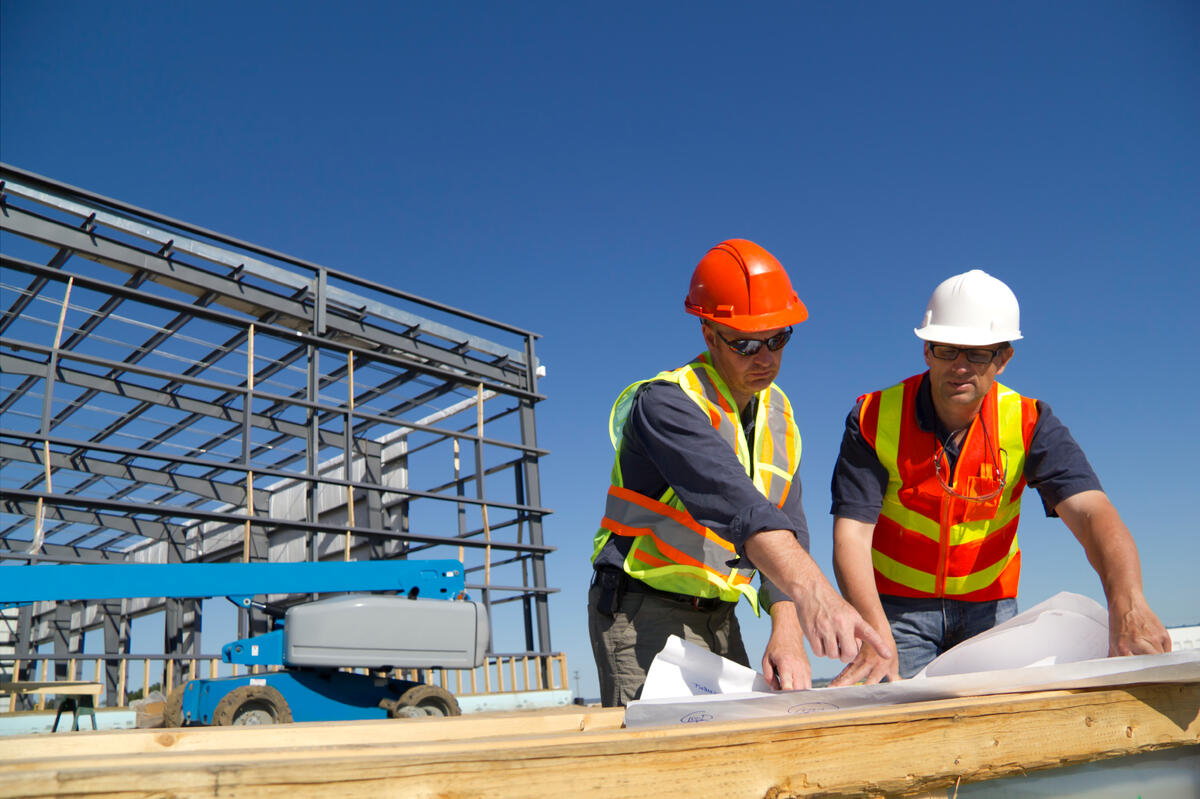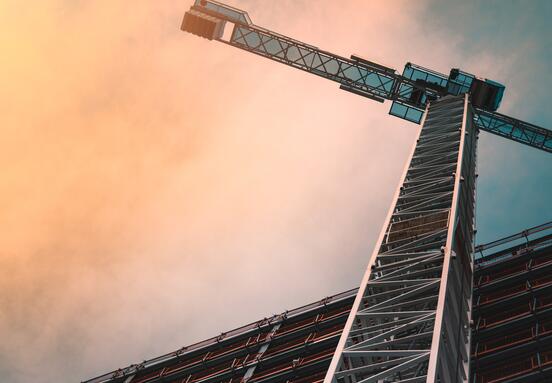Monitoring of construction works entails involvement from the planning stage and periodic inspections to ensure construction works comply with the initial plans. Verifications consider a number of indicators that vary from the stage of the construction works and the way in which the budget is allocated, to the stage of the necessary authorizations, compliance with contracts or progress in ensuring access to utilities. Each inspection is followed by a report on the development of the project, which provides a very clear overview for the developer as well as for the bank that finances the project.
“The monitor not only follows the evolution of the construction from all points of view in relation to the execution schedule and the conditions initially established, but also represents a link between the developer and the bank, the use of a monitoring service being among the banks' conditions for financing. Strict observance of the urban coefficients, obtaining all authorizations according to the legislation or carefully allocating costs in the execution budget are just some of the criteria that we, as a monitor, must follow and include in great detail and very transparently in the reports, in a short period of time”, explains Silvia Rusei, Senior Associate Real Estate Management Services at Colliers International.
Construction works on industrial sites and offices monitored by Colliers International is normal during this period, despite the current context, respecting all safety measures to limit the spread of Covid-19. Some projects in which the construction works were carried out at a lower capacity than normal during the state of emergency have even increased the pace, with developers intending to recover any delays or even speed up the works to be able to deliver the spaces to tenants faster. (source: Colliers)







